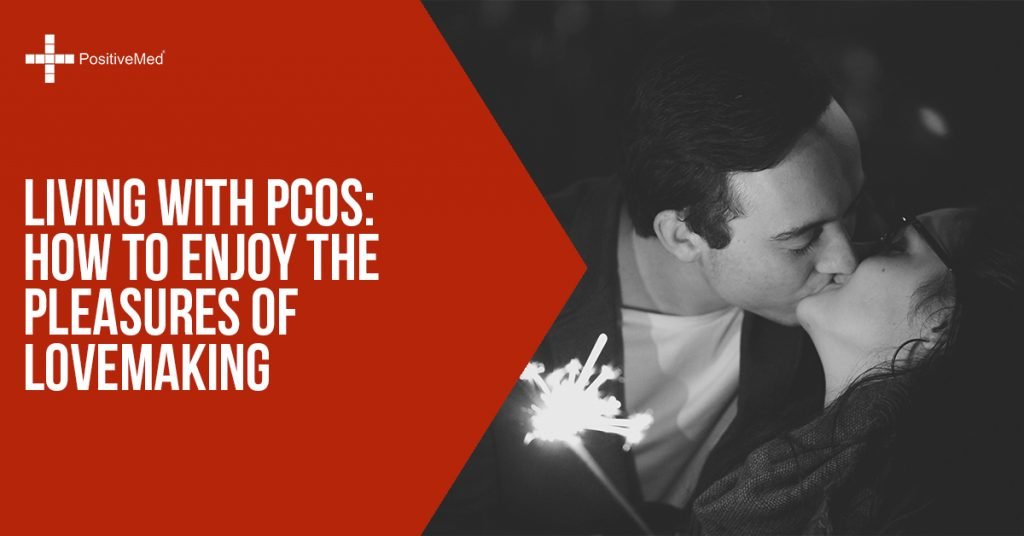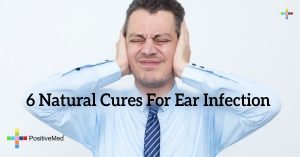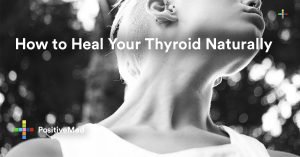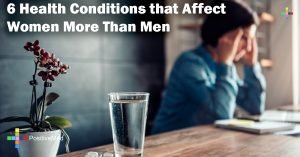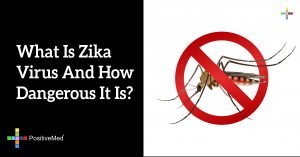Alice Gray has polycystic ovary syndrome (PCOS), a female endocrine disorder caused by hormones. Her ovaries are enlarged and full of follicles containing unfertilized eggs that turned into cysts after not rupture during ovulation. As much as it might be confusing, not everyone suffering from PCOS develops polycystic ovaries. However, PCOS suffers tend to share a set of symptoms including ovarian cysts.
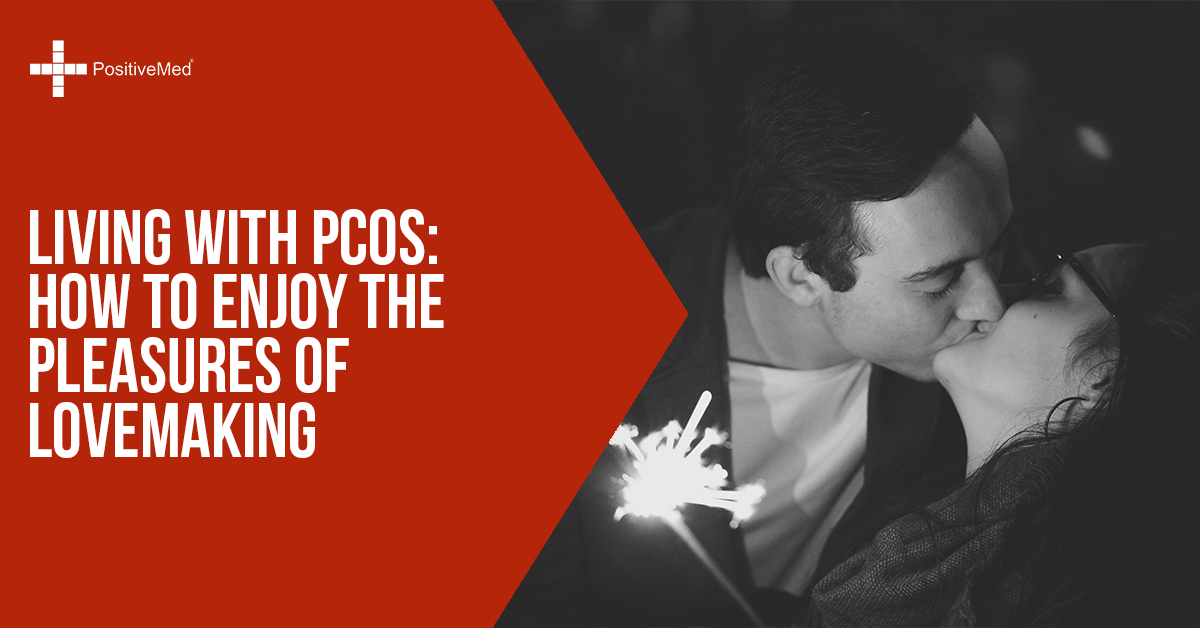
Ovaries should produce the male hormone (testosterone), the female hormone (estrogen), the pregnancy hormone (progesterone). Production of low estrogen and excessive testosterone quantities is a common occurrence for people suffering from PCOS. On the other hand, the production of progesterone, which typically occurs during ovulation, does not happen at all.
Although doctors are still unsure why some women develop PCOS, most symptoms result from the imbalance between estrogen and testosterone. Genetics and weight gain are also considered significant contributors. Polycystic ovary syndrome is relatively common, seeing as it affects up to 15% of the female population.
Alice was lucky enough not to experience some common symptoms of polycystic ovary syndrome such as acne and hirsutism. Unfortunately, few doctors mention that having no physical urge is a side effect of PCOS. Without understanding what was happening to both her lovemaking life and body, Alice spent years in agony.
There are several reasons why having no physical urge is among the common side effects of PCOS. For starters, your libido depends on balanced hormones, especially the balance between female and male hormones. Secondly, you may have to deal with issues such as ruptured cysts, which feel like appendicitis, accompanied by bleeding.
For Alice, ruptured cysts caused too much pain every time she got some action. Alice experienced the pain more frequently after she delivered and one of her ovaries decided to drop. According to her doctor, that particular ovary is prone to get knocked around while she makes love. The possibility of unbearable pain terrified her such that she completely avoided lovemaking.
How to win the battle
As grim as it might sound thus far, reducing your pain and bringing pleasure back to your bedroom activities is possible. Listed below are a few solutions that worked for Alice.
Consider your timing: When it comes to PCOS, the associated pain usually coincides with menstrual cycles, meaning extra care while menstruating is necessary.
RELATED ARTICLE: Find Out What Your Partner’s Favorite L0vemaking Position Says About Him
Pick a pain-free position: Slight angle variations make big differences. Trying out different positions to find the most suitable one for you is, therefore, important. It is, however, wise to avoid being on top of your partner. Although it might not go for everyone, positions like the reverse cowgirl often cause a lot of pain. For Alice, every position that placed her on top caused significant pain, even when the cysts were not as bad.
RELATED ARTICLE: 6 Lovemaking Injuries and What to Do About Them
Stick with soft toys: The zero flexibility of wood, metal, and glass toys makes them quite unforgiving, particularly if you hit a sore spot. As such, avoiding such rigid toys is advisable.
Lube up: Using a lot of lubrication is important. Although some people prefer water-based lubes, Alice prefers silicone lube because it does not necessitate reapplication. Seeing as glycerin often contributes to yeast infections, make sure the lube you choose is glycerin-free. The dryness of your honeypot is often as a result of anxiety and pain. Lube is usually quite useful in such situations.
Do not power through: Stop immediately you feel any sharp stabbing pains while making love. Such pains almost always turn into painful dull throbs that can last for hours or even days.
Do not forget foreplay: In addition to being fun, foreplay is also great for relaxing your body. It, therefore, helps to minimize the pain you might experience while getting in on.
Do @rgasm: Having an orgasm before penetration helps to reduce the pain you might experience while getting some. However, you should not fret just because you cannot attain an @rgasm prior to penetration. The suggestions mentioned above will ensure your lovemaking sessions are better, more pleasurable, and less painful.
Conclusion
Managing PCOS in your daily life is important. Apart from improving your love life, it also improves your overall health and quality of life. Dealing with weight gain is a major part of managing PCOS. Hormonal imbalances result in poor insulin regulation, making you susceptible to weight gain. Gaining weight worsens hormonal imbalances, which makes losing weight a lot more difficult. Managing or losing weight often reverses many effects of PCOS such as the formation of cysts.
